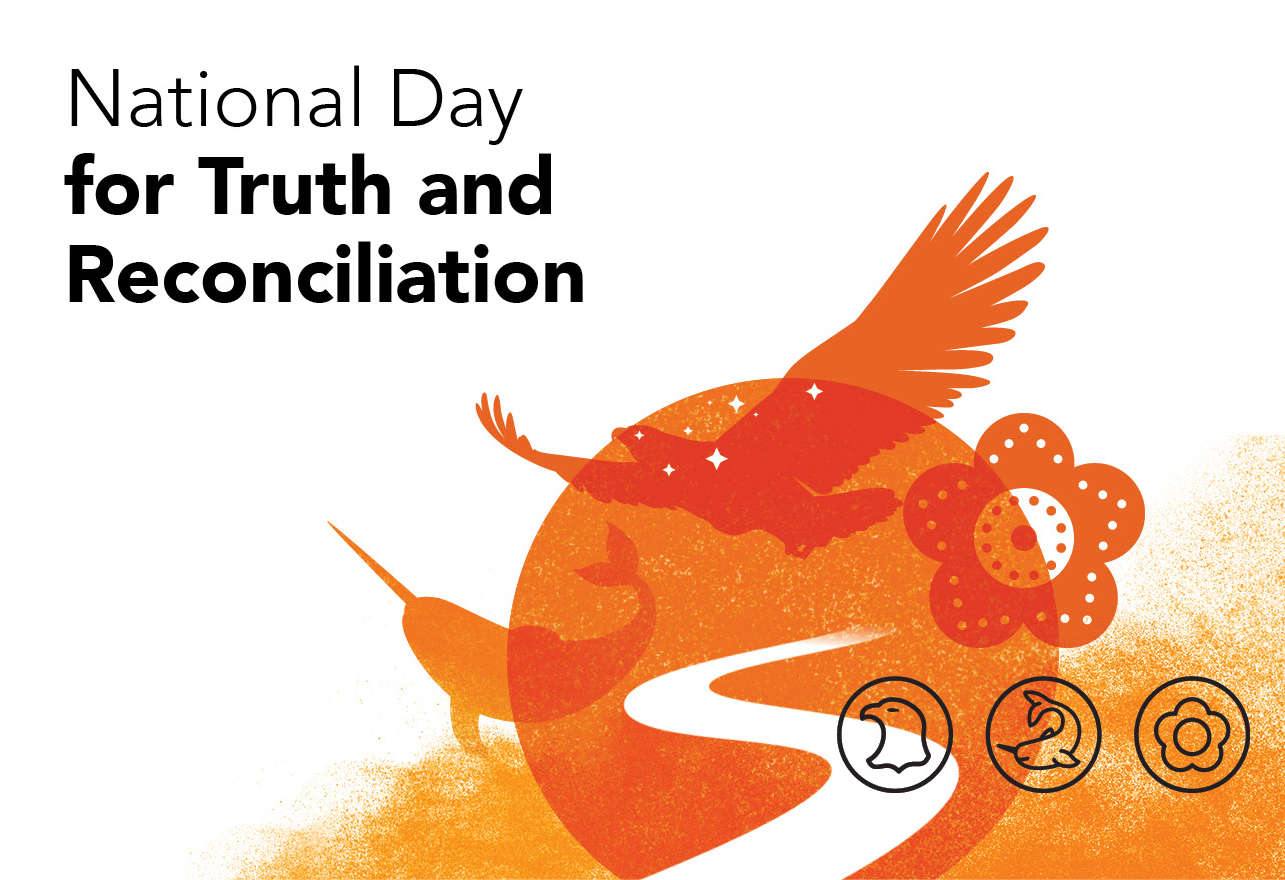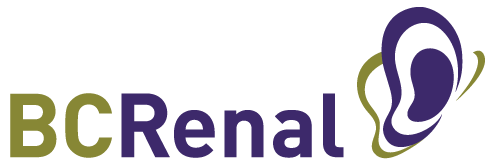
On Tuesday, September 30, BC Renal will honour the National Day for Truth and Reconciliation — a day to reflect upon the history of colonialism on Turtle Island (North and Central America), to uplift Indigenous voices, and to reaffirm our commitment to Indigenous health and wellness.
Exemplifying our commitment, Indigenous Wellness is one of BC Renal's foundational principles from our 2023-2028 strategic action plan. Over the past year, our senior director of strategic initiatives, education and development, Gloria Freeborn, and our quality lead of patient-centred performance improvement, Helen Chiu, met with each BC Renal provincial committee to discuss actively integrating Indigenous wellness into their workplans along with the two other foundational principles.
There are eight of these provincial committees, seven of which oversee guidelines and improvements for different kinds of kidney disease treatments (e.g., the Hemodialysis Committee) as well as the Kidney Service - Infrastructure and Capacity Planning Committee. Moving forward, each committee will continue to explore opportunities to embed Indigenous wellness into their current initiatives.
“As we reflect on what Indigenous wellness means in the context of our work, we recognize that building relationships and walking alongside First Nations, Métis, and Inuit partners in the spirit of truth and reconciliation is essential,” says Helen. “This journey will take time, but when we move forward together with respect, humility, and shared purpose, we know we are on the right path.”
“Weaving
Coast Salish teachings into how we approach our work, we can open our hearts and minds to say the truth, and learn the truth of history,” says Gloria, “We can do our best, and we can work together with Indigenous peoples to eradicate racism and move forward in positive ways. One way BC Renal is working on this is by requiring all leaders, staff, provincial committee chairs and vice chairs to complete the core program of
San’yas Anti-Racism Indigenous Cultural Safety Health Training.”
In honouring the National Day for Truth and Reconciliation, everyone must recognize colonialism not as a chapter from our past, but rather an ongoing process. The legacy of trauma continues to harm the health and wellness of generations of Indigenous peoples, to deny their communities their right to sovereignty and self-determination, and to perpetuate inequities between Indigenous and non-Indigenous people in Canada.
It’s important to remember that poorer health outcomes and barriers to accessing care are prevalent for Indigenous peoples in the health-care system, and they are upheld, in large part, by a reliance on Western healing methods. Advancing culturally safe, holistic care that centres the needs and wishes of Indigenous communities is key to reconciliation — as is the work of non-Indigenous Canadians to disrupt colonial assumptions and practices. True reconciliation is about more than just a statement or acknowledgement of harm: it requires active unlearning, critical self-reflection and, above all, a dedication to change.

